by Admin | Apr 17, 2016 | World Leaders in AIWS Award Updates
(April 18th, 2016) This shows just how much German Chancellor Angela Merkel (and other European leaders) depend on Turkey’s help in helping to stem the flood of refugees into Europe from Syria: Mrs. Merkel is allowing to proceed a criminal investigation of a comic, Jan Bohmermann, for making fun of thin-skinned and increasingly authoritarian President Recep Tayyip Erdogan of Turkey.
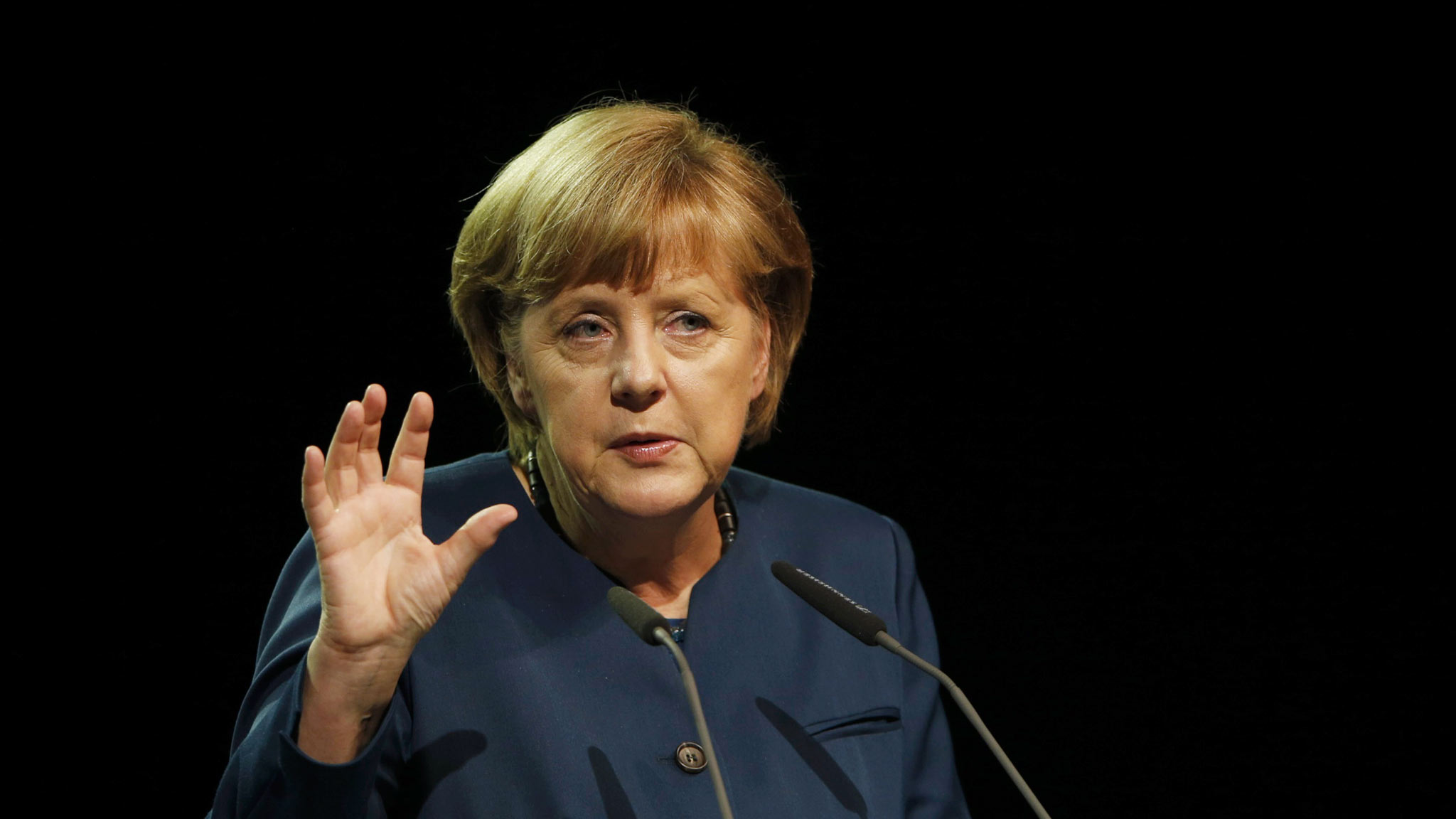
The Boston Global Forum has named Mrs. Merkel as a “World Leader for Peace, Security and Development’’.
The investigation is under a previously little noticed German law that allows prosecution of someone for insulting a foreign leader, but only with the government’s consent.
This now quickly unpopular law would seem fly in the face of freedom of speech in a democracy such as Germany. And so Mrs. Merkel is trying to have it both ways in this case: To allow the investigation while supporting repeal of what is in effect a censorship law.
Many Germans felt that her effort to split the difference showed her blinking in a game of chicken with Mr. Erdogan. “We just experienced the beginning of the end of Chancellorship #Merkel,” wrote another satirist, Oliver Kalkofe. “I am ashamed by the lack of spine.”
The same law had also been used to silence critics of the Shah Mohammed Reza Pahlavi of Iran and the Chilean dictator Augusto Pinochet.
by Admin | Apr 17, 2016 | Global Citizenship Education
(April 18th, 2016) UNESCO and the Commonwealth of Nations (formerly called the British Commonwealth) have announced a program in which they will step up their cooperation in education, youth, sport, peace-building and dialogues. The agreement will focus on closely collaborative approaches — for example, the Commonwealth’s on-line Education Hub can be used to support UNESCO’s program in Global Citizenship Education.
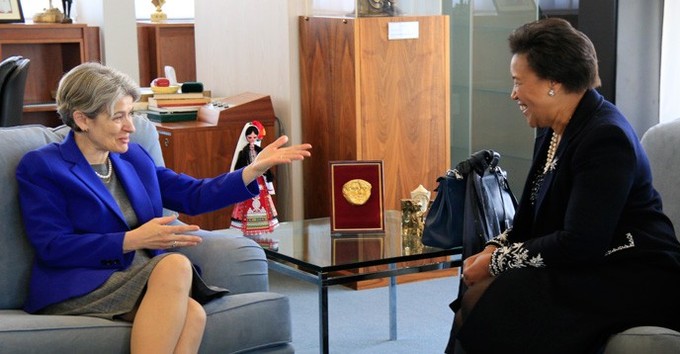
The Boston Global Forum (BGF) collaborates with UNESCO on global education and citizenship projects, especially through the Global Learning and Global Citizenship program at the University of California at Los Angeles (UCLA). Prof. Carlos Alberto Torres, Distinguished Professor of Social Sciences and Comparative Education and UNESCO Chair in Global Learning and Global Citizenship Education at UCLA, is a member of the BGF’s Board of Thinkers.
After a signing ceremony with the Commonwealth’s Secretary General, Patricia Scotland, UNESCO Director-General Irina Bokova underlined the importance of deepening cooperation across the board. “I believe the time has come, indeed to update it, to strengthen cooperation, with a focus on education, on youth empowerment, on promoting intercultural dialogue,”she said.
Ms. Scotland said that by working together, the two organizations can boost their efforts to empower young people to take on some of the world’s most pressing problems, from climate change to ending poverty. ‘’I am confident that this renewed partnership will lead to concrete results in a range of areas, from the development of curricula to support the Sustainable Development Goals to the creation of alternate narratives to those of extremist recruiters, in order to counter violent extremism.’ ‘
Ms. Scotland addressed UNESCO’s Executive Board, briefing them on her priority areas:“ending domestic violence, reducing the impact of climate change and creating opportunities for young people.”
UNESCO and the Commonwealth first signed a memorandum of understanding in 1980. This latest renewal will last for five years.
by Admin | Apr 17, 2016 | World Leaders in AIWS Award Updates
(April 18th, 2016) International cybersecurity leader Mikko Hypponen of Finland now accepts the need to use the word “cyberwar.’’ Not many security experts like the term ‘cyberwar’, and Mikko Hyppönen used to be one of them. But in the wake of recent attacks by Russia on critical infrastructure in Ukraine and a rise in the sophistication of nation-state hacking, he has changed his mind.

Mr. Hypponen, whom The Boston Global Forum has honored with the title of “Practitioner in Cybersecurity,’’ told IBTimes UK: “I have changed my opinion about cyberwar. I used to hate the word and I would always explain to people that whenever you hear or see headlines about ‘cyberwar’ it’s never war – it’s typically spying or espionage – which is not war. Even if its nation states doing it, that’s not war.”
Mr. Hyppönen has been the chief research officer at Helsinki-based security firm F-Secure since the early 1990s.
He told IBTimes UK that it was the Russian hacking in Ukraine last year that changed his mind on the nuances of the much-criticized term. “When you look what happened in Ukraine, when you have two countries that are at war and you have an attack on critical infrastructure that is not stealing anything, but [instead] shutting down power for 200,000 people, that’s not espionage, that’s not spying – in my book that’s cyberwar.”
by Admin | Apr 17, 2016 | AI World Society Summit
(April 18th, 2016) Nguyen Anh Tuan, chief executive of The Boston Global Forum (BGF), met on April 13 with Nazli Choucri, a professor of political science at the Massachusetts Institute of Technology and an expert in international cyberrelations.
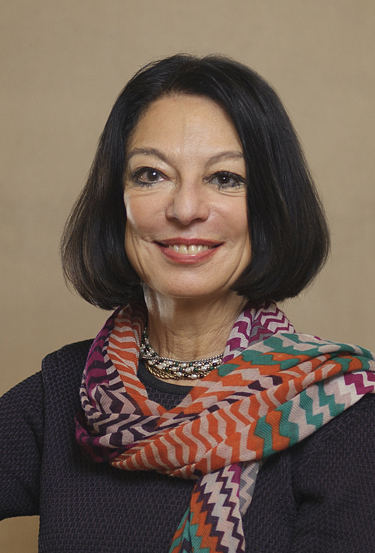
She was principal investigator and director of a multi-disciplinary MIT-Harvard research project called “Explorations in Cyber International Relations’’.
They discussed how to encourage the national leaders at the G7 Summit on May 26-27 in Japan to adopt and enforce norms of cyberbehavior as developed over the past few months by BGF cybersecurity experts. This is part of The Boston Global Forum’s BGF-G7 Summit Initiative, whose biggest theme this year is improving international cybersecurity.
Professor Choucri suggested several useful ideas to advance this project. She will be a speaker at the BGF-G7 Summit Initiative conference on May 9 at the Harvard Faculty Club, in Cambridge, Mass.
by Admin | Apr 15, 2016 | Initiative
(April 18th, 2016) China last week summoned envoys from the Group of Seven (G7) industrialized democracies to complain about a G7 statement opposing provocation in the East and South China Seas. The G7 was responding to Chinese militarization of small reefs and islands that China has seized in the South China Sea as well as to its implied threats against Japan, a G7 member, over disputed islands in the East Asia Sea.

The Boston Global Forum (bostonglobalforum.org) has been closely following matters regarding the G7 Summit in its BGF-G7 Summit Initiative. In that project it has been working with Japanese officials to craft proposals for consideration by the national leaders at the summit, to be held in Japan on May 26-27.
China claims almost the entire South China Sea, believed to have huge oil and gas deposits, and has been building islands on reefs to bolster its claims. Brunei, Malaysia, the Philippines, Taiwan and Vietnam also have claims in the sea, through which about $5 trillion in trade is shipped every year.
G7 leaders are expected to discuss Chinese expansionism at the summit. There has been some informal discussion of creating a NATO-like alliance to thwart Chinese plans.
by Admin | Apr 17, 2016 | AI World Society Summit
(April 18th, 2016) Here’s a look, in the wake of the “Panama Papers’’ scandal about how rich and/or powerful people hide money in offshore accounts, at how cyberhackers are challenging the establishment in Pakistan.
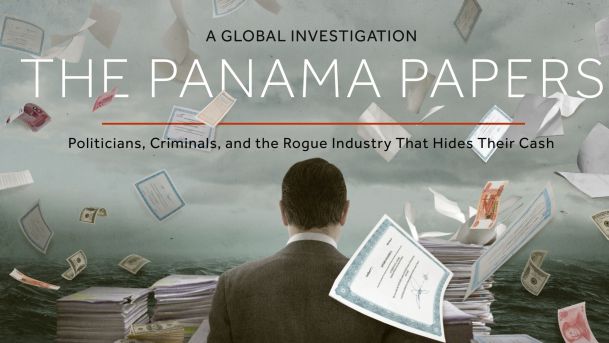
by Admin | Apr 15, 2016 | Event Updates
(April 18th, 2016) The G7 Summit will consider global health concerns (which will presumably include the spread of the Zika virus). As host country of the G7 Summit in 2016, Japan will have a larger role than usual in setting the tone for how global health priorities will be addressed in the summit agenda.
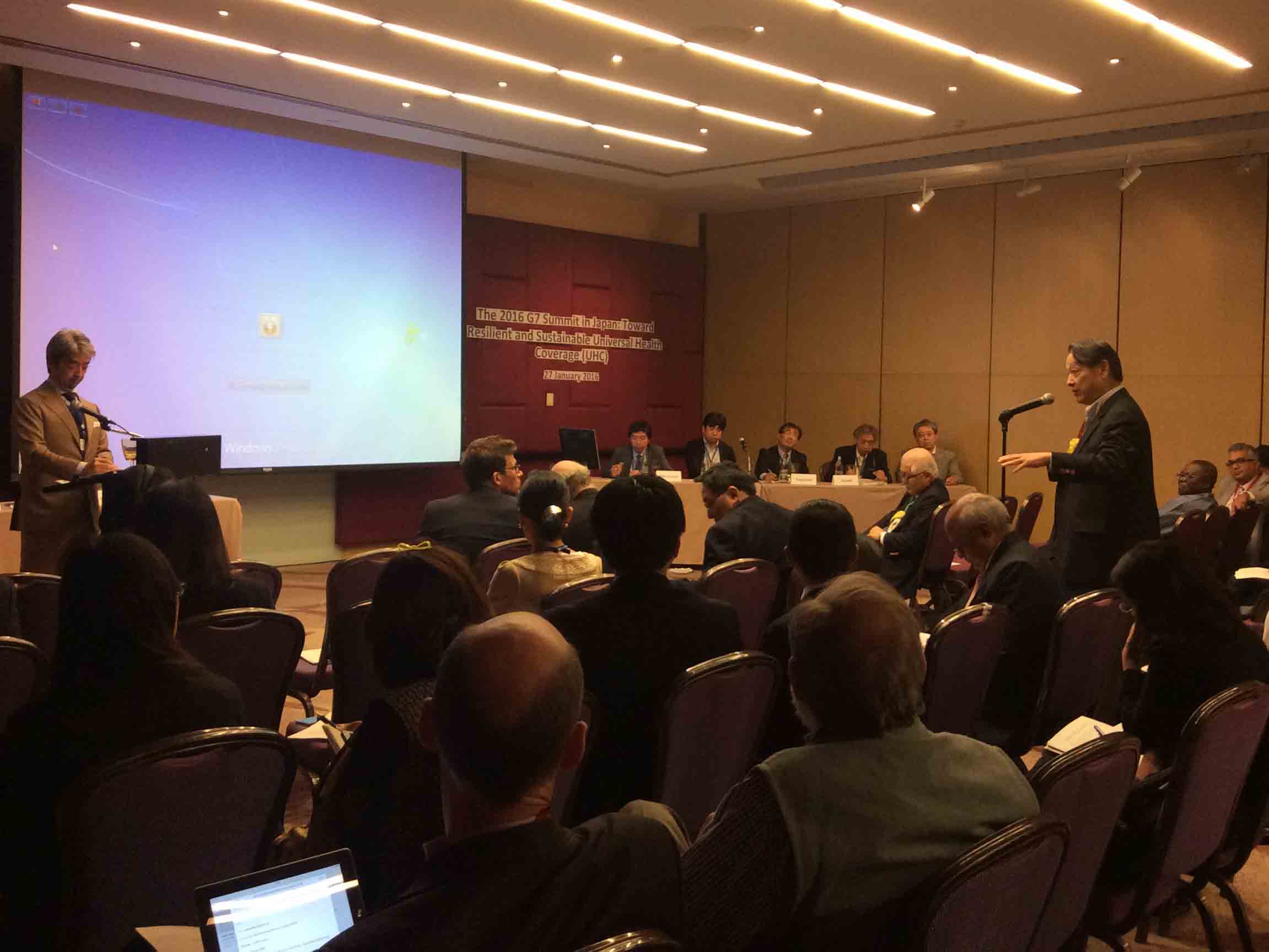
Thus the Japan Center for International Exchange (JCIE), in partnership with the University of Tokyo, has organized a Global Health Working Group (GHWG) to craft policy proposals to guide summit talks on global health and health security.
The working group’s themes include:
• Sustainability of universal health coverage (UHC) in advanced nations in the context of demographic changes, industrial structure and epidemics.
• Social and economic impact of UHC.
• Lessons learned from Japan’s experience sustaining UHC.
• Japan’s new directions in global health cooperation.
• Challenges in global health governance.
• Better mechanism for global health innovation
by Admin | Apr 15, 2016 | AI World Society Summit
(April 18th, 2016) European Union privacy regulators want changes to a proposed new EU-U.S. Digital- privacy accord. The Wall Street Journal thinks that this pushback increases the likelihood that the deal will end up challenged in court, leaving “thousands of companies that transfer personal information across the Atlantic in legal limbo.’’
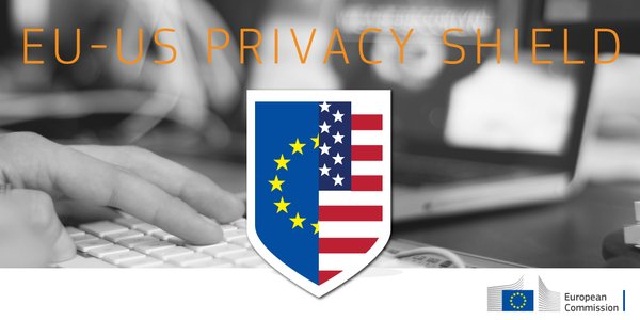
“A body representing national data-protection authorities in the E.U.’s 28 states said the trans-Atlantic deal, dubbed Privacy Shield, should include clearer limits on how U.S. surveillance agencies conduct bulk collection of personal information for national security purposes to ensure that the accord conforms with E.U. privacy law.’’
Much of the uneasiness stems from Edward Snowden’s revelations of U.S. government surveillance created because of fears of more terrorist attacks on U.S. soil. Mr. Snowden now lives in Russia.
by Admin | Apr 15, 2016 | AI World Society Summit
( April 18th, 2016) U.S. Senate Intelligence Committee Chairman Republican Richard Burr and the panel’s vice chairman, Democrat Sen. Dianne Feinstein, are circulating proposed legislation that would require companies to unlock encrypted data, in, for example, an iPhone, when served with a court order involving probable cause of a crime (presumably especially terrorism).
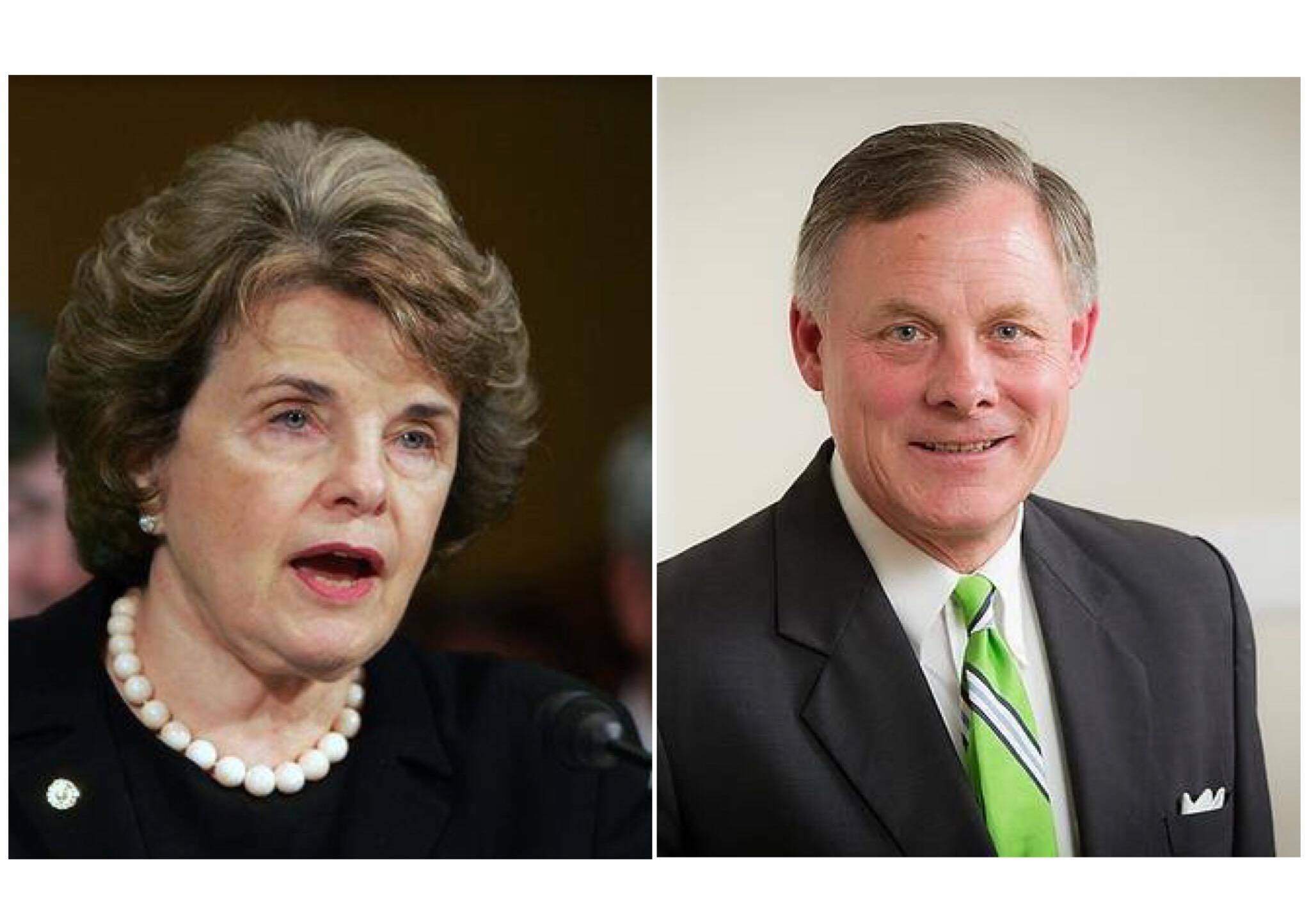 The tech companies and some civil-liberties purists don’t like the idea. But after the inevitable next terror attack in the U.S. such legislation would sail into law.
The tech companies and some civil-liberties purists don’t like the idea. But after the inevitable next terror attack in the U.S. such legislation would sail into law.








 The tech companies and some civil-liberties purists don’t like the idea. But after the inevitable next terror attack in the U.S. such legislation would sail into law.
The tech companies and some civil-liberties purists don’t like the idea. But after the inevitable next terror attack in the U.S. such legislation would sail into law.